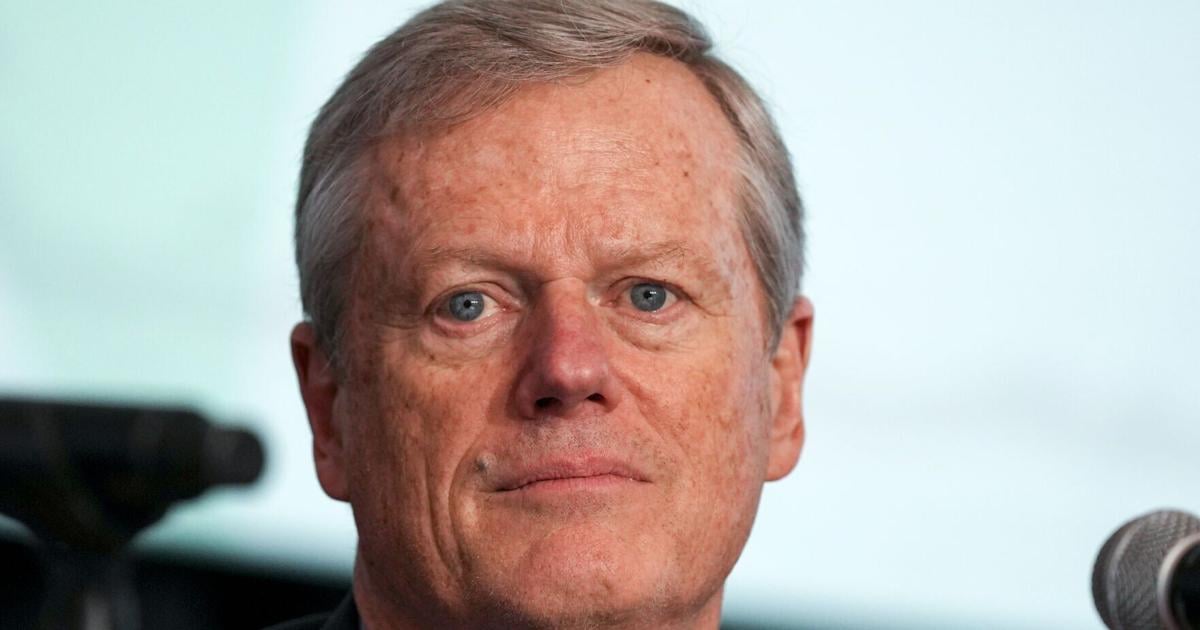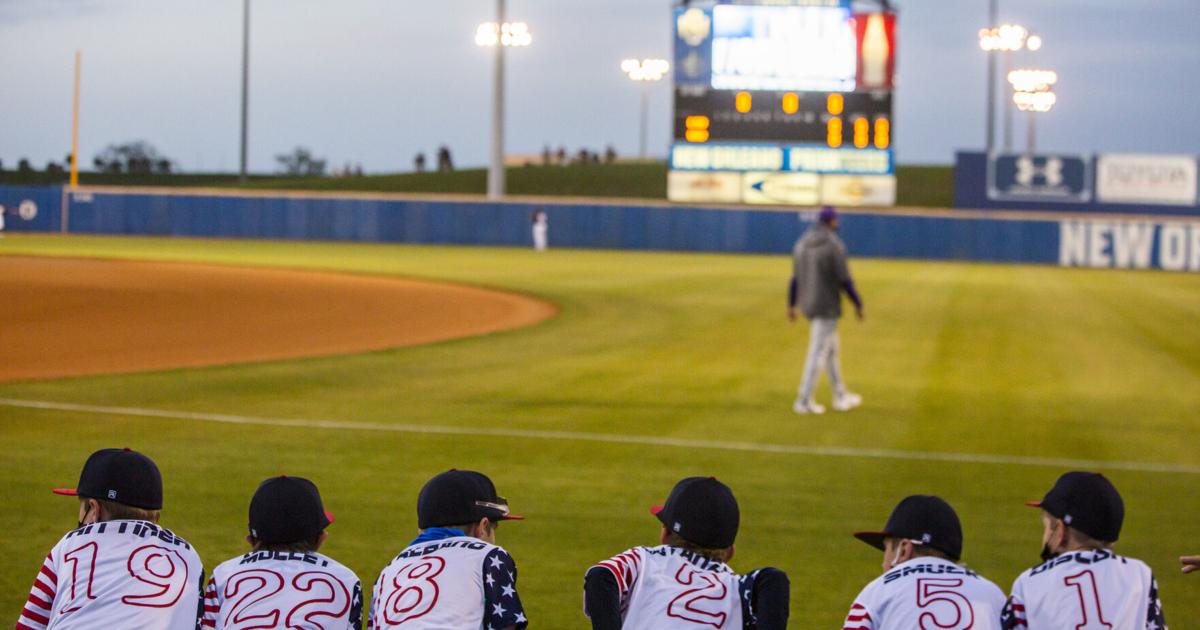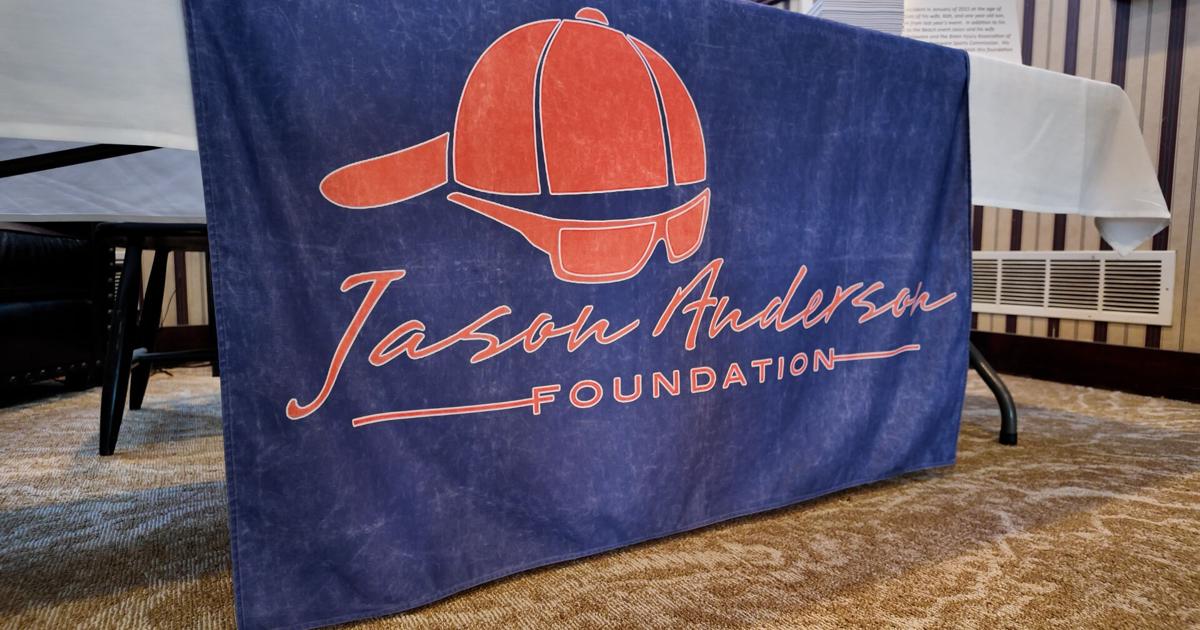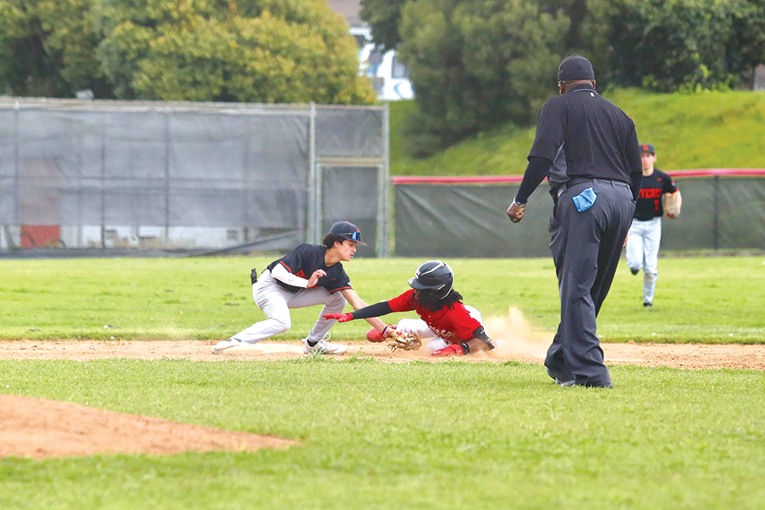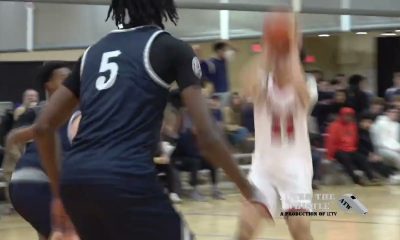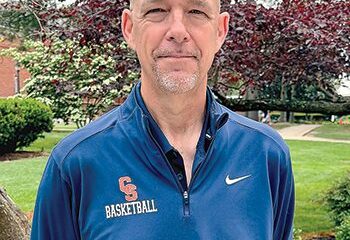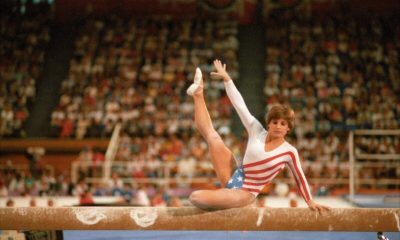WASHINGTON — The latest effort by Congress to regulate college sports generated predictable partisan outrage Thursday, with Democrats saying Republican-led draft legislation would claw back freedoms won by athletes through years of litigation against the NCAA.
Three House committees are considering legislation that would create a national standard for name, image and likeness payments to athletes and protect the NCAA against future lawsuits.
Last week, a federal judge approved a $2.8 billion settlement that will lead to schools paying athletes directly, and NCAA President Charlie Baker said now that his organization is implementing those major changes, Congress needs to step in and stabilize college sports.

Baker said he supports the draft legislation that was the subject of Thursday’s hearing by a House Energy and Commerce subcommittee, but there was little indication a bill advanced by the House would generate enough Democratic support to surpass the 60-vote threshold in the Senate.
“I’m deeply disappointed for the second year in a row, Republicans on this committee are advancing a partisan college sports bill that protects the power brokers of college athletics at the expense of the athletes themselves,” said Rep. Lori Trahan, D-Mass.
Trahan noted that if the NCAA or conferences establish unfair rules, athletes can challenge them in court, with the settlement of the House v. NCAA antitrust case the latest example of athletes winning rights they historically were denied.
“This bill rewrites that process to guarantee the people in power always win, and the athletes who fuel this multibillion-dollar industry always lose,” said Trahan, who played volleyball at Georgetown.
The NCAA argues that it needs a limited antitrust exemption in order to set its own rules and preserve a college sports system that provides billions of dollars in scholarships and helps train future U.S. Olympians.
Several athletes sued the NCAA over its rule that athletes are only eligible to play four seasons in a five-year period, and a group of female athletes filed an appeal of the House settlement Tuesday, saying it discriminated against women in violation of federal law.
On the Senate side, a bipartisan group including Republican Ted Cruz of Texas has been negotiating a college sports reform bill for months, but those talks are moving more slowly than Cruz hoped.
The draft bill in the House would create a national standard for NIL, overriding the state laws that critics say led to a chaotic recruiting environment. That, too, was criticized by Democrats and their key witness at the hearing, Ramogi Huma, executive director of the National College Players Association.
Huma argued that the NCAA wants to get rid of booster-funded NIL collectives that another witness, Southeastern Conference associate commissioner William King, characterized as “fake NIL” or “pay for play.”
Instead, Huma said the collectives are examples of the free market at work, noting that before players won NIL rights through a court case, boosters could only donate to athletic departments.
Tom McMillen, a former Democratic congressman who played in the NBA after an All-America basketball career at Maryland, took a dim view of the bill’s prospects.
“I think they’re trying to come up with something and pull in some Democrats. I just don’t know if that’s going to succeed or not,” said McMillen, who for several years led an association of Division I athletic directors. “There’s a real philosophical divide, so that’s the hard part. It’s hard to bridge. And there’s a zillion other issues.”
The subcommittee chairman, Rep. Gus Bilirakis, R-Fla., said the draft legislation already had some bipartisan support and he was open to changes that would get more Democrats on board.
“I will consider some of the suggestions, the legitimate suggestions that were made,” Bilirakis said, “and I will be happy to talk to lawmakers that truly want to get a big bill across the finish line.”
The new playbook: Why personalized coaching is taking over youth sports
The new playbook: Why personalized coaching is taking over youth sports
Updated

In the past, finding a private sports coach often meant word-of-mouth referrals, expensive training facilities, and time-consuming scheduling. But as technology continues to reshape the way we work, learn, and connect, the world of youth sports training is getting its own upgrade.
Just as Airbnb revolutionized travel and Uber reimagined transportation, new digital platforms are now decentralizing the $20 billion youth sports industry, giving families more direct access to qualified coaches—and providing former athletes with flexible, gig-style income opportunities after their playing careers end. It’s the era of on-demand coaching.

Training on Your Terms
Updated

This model, often referred to as the “platformization” of sports training, is catching on fast. Rather than committing to year-round training fees or expensive academies, families can now access high-quality coaching one session at a time—often from athletes who’ve competed at the highest levels. Proprietary data from Athletes Untapped, an on-demand coaching platform, shows a threefold increase in the number of youth training sessions booked online between 2018 and 2024. The spike reflects a growing comfort with using digital tools to find and schedule specialized coaching, echoing consumer trends seen in fitness, tutoring, and other service sectors.
Much of this growth has been driven by parents seeking personalized, flexible training options that fit into increasingly busy family schedules. Rather than enrolling in seasonal or year-round programs, families are opting to book single sessions based on their child’s needs and availability—often working directly with former collegiate or professional athletes in their local area.
A Win-Win Era for Sports
Updated

Former athletes get a meaningful, flexible path forward. And the game itself? It gets to live on in new and evolving forms.
Further analysis of platform data reveals which sports are driving the most interest in private coaching. Basketball, soccer, baseball, and volleyball rank as the most-booked disciplines on Athletes Untapped, consistent with broader youth sports participation trends in the U.S.
That data shows some of the most popular sports for youth training—including basketball, soccer, and baseball. But the bigger takeaway? The way we think about skill-building is changing. Kids want coaches they connect with. Parents want transparency and trust. And both want access—without the red tape.
Whether you’re a parent looking for flexible training options or an ex-athlete figuring out your next chapter, the message is clear: Coaching, like almost everything else, is going on-demand.
This story was produced by Athletes Untapped and reviewed and distributed by Stacker.





